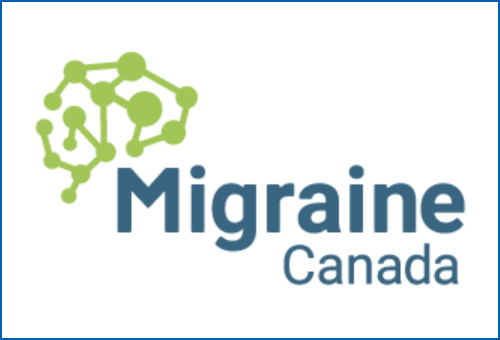Genetics Research: Hope for a Future of Personalized Migraine Care
You are currently watching a preview of this interview. Unlock the full version by upgrading to an Access Pass bundle! Get FREE access to 8 expert interviews from Day 1 and Day 2 when you register today!
Key Questions
- ¿Qué sabemos sobre la genética de la migraña?
- ¿Cuántos genes se han identificado actualmente en relación con la migraña
- ¿Podemos anticipar el descubrimiento de más genes relacionados con la migraña?
- A pesar de mapear el genoma humano, ¿por qué no hemos desarrollado una cura para la migraña?
- ¿Qué distingue a las enfermedades monogénicas de las poligénicas, y la migraña exhibe ambos tipos?
- ¿Qué porcentaje de la migraña se debe a la genética?
- ¿Qué no sabemos sobre la genética de la migraña?
¿Cuáles son los últimos descubrimientos en genética de la migraña?
¿Qué es la epigenética y cómo es importante en la migraña?
¿Contribuyen los niveles de metabolitos a la enfermedad de la migraña? ¿Y la inflamación?
¿Qué hallazgos podemos esperar en los próximos 5-10 años?
Interview Notes
- Dale Nyholt, PhD
- Statistical and Genomic Epidemiology Laboratory (SGEL)
- Study: “Migraine genetics: Status and road forward”
- Study: “Genome-wide analysis of 102,084 migraine cases identifies 123 risk loci and subtype-specific risk alleles”
- Study: “New and sex-specific migraine susceptibility loci identified from a multiethnic genome-wide meta-analysis”
- Article: “Can We Predict Those at Higher Risk for Migraine?”
Treatments Mentioned
- Omega-3 fatty acids
Please note: The Migraine World Summit’s aim is to bring you a variety of perspectives and expertise, independent of bias or judgment. Alternative theories presented in this video have not been medically reviewed. Views expressed in this interview do not necessarily represent the views of the Migraine World Summit. Please always consult your health care professional and do your own research before making changes to your treatment plan.
This is a Spanish translation of an expert interview from the Migraine World Summit 2024. All interviews have been carefully translated and medically reviewed.

Dale Nyholt, PhD
Professor of Biomedical Sciences
Queensland University of Technology, Australia
Dale Nyholt, PhD, is a human geneticist expert in the statistical analysis of common complex traits. Professor Nyholt is the head of the Statistical and Genomic Epidemiology Laboratory (SGEL), Institute of Health and Biomedical Innovation (IHBI), Queensland University of Technology (QUT). He is also a professor at the School of Biomedical Sciences, Faculty of Health, QUT. Professor Nyholt’s expertise spans statistical genetic and genomic analysis, epidemiology, bioinformatics, and biostatistics.
The SGEL studies the role of genetics in the development and mechanism of human traits, with particular emphasis on migraine. The lab’s specific goal is to identify genetic risk factors, understand their biological consequences, and detect common genetic links with other disorders, including depression, endometriosis, and epilepsy. The identification of such causal genetic factors and how they interact with environmental exposures will provide a deeper understanding of the etiology of migraine and our ability to prevent and treat attacks, as well as facilitate the discovery of novel pathways, and thus identify new targets for drug therapy. SGEL also develops novel statistical bioinformatics programs used by researchers worldwide.

Purchase full access to the entire 2024 Summit. Includes:
- All expert interviews with separate audio (MP3) files & transcripts
- Lifetime on-demand access with no annual fee to 2024 Summit
- Interview Summaries
- Treatment Guidelines
- And much more!
Related Talks for: Day 8 (2024)
Is Migraine Linked With Cognitive Decline or Dementia?
Richard B. Lipton, MD
Finding Migraine Relief
Elizabeth Leroux, MD, FRCPC
Could Biomarkers Improve Migraine Diagnosis?
Patricia Pozo-Rosich, MD, PhD
Migraine Canada is the only national, volunteer-based charity focused on supporting all Canadians impacted by migraine and other headache conditions.
We are transforming the lives of people affected by migraine and headache conditions through awareness campaigns, education and support programs, advocacy and research.

If you enjoyed the Migraine World Summit, consider purchasing a pass to have full access and watch all the interviews at your own pace. With the pass, you'll get access to transcripts, audios, treatment guidelines, and an updated list of new treatments. It's a great way to keep learning and exploring more options for managing migraine, whenever it suits you best. Invest in your well-being and continue deepening your knowledge of migraine!






